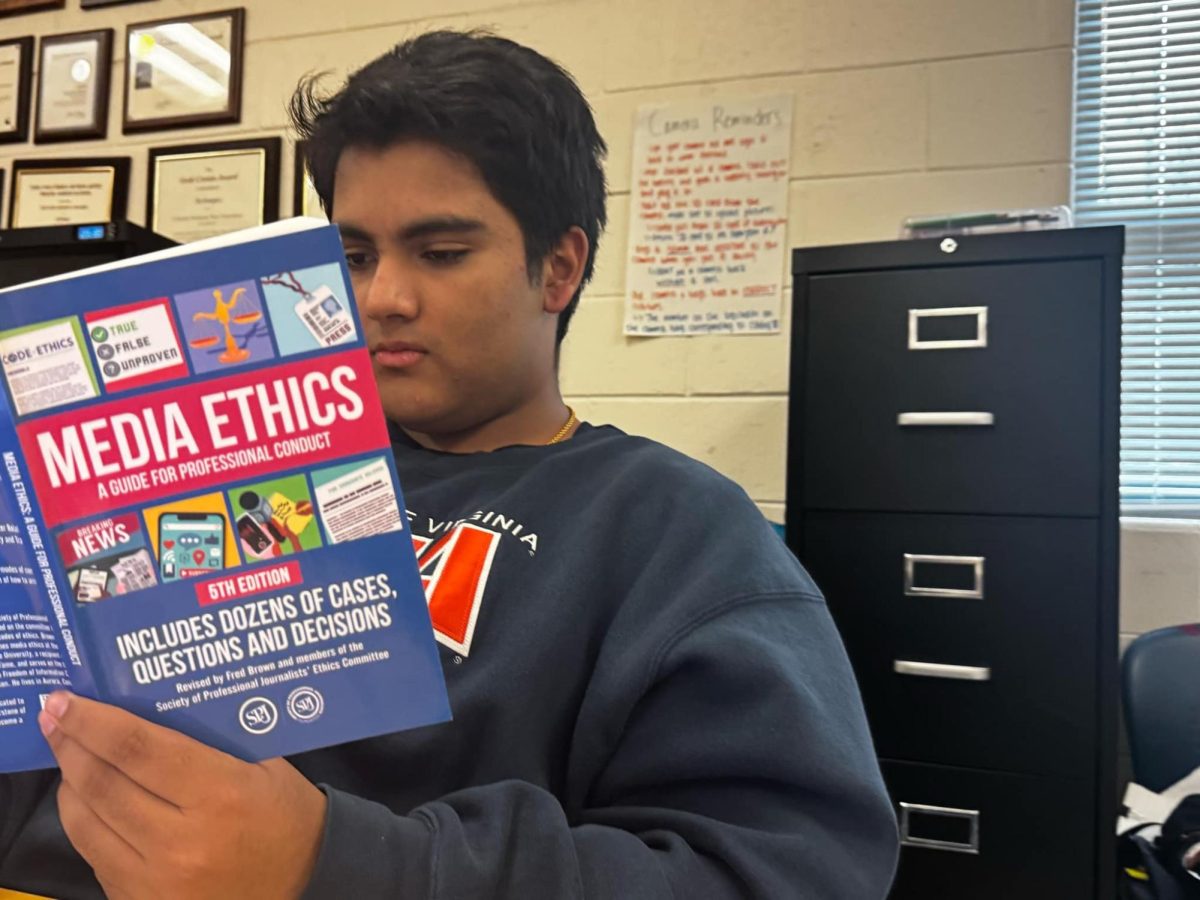In a democratic society, few aspects are as fundamental as free speech and press. This must extend to student journalism, meaning they should have the right to communicate their concerns in the same way that any community might. The Fairfax County Public School (FCPS) Board’s refusal to discuss a review of student press rights has reopened the conversation regarding how much control schools and administration should have over student publications.
Student reporters are not only prospecting journalists, but they are also so much more. They speak with the voice of their generation and community and have a massive reach across a large audience of their peers. This is especially true at the high school and college levels. By allowing student journalists to operate without significant administrative oversight, they can grow and sustain a democratic spirit.
People who are against free student speech claim that there must be some amount of administrative control over student publications to monitor misinformation and “inappropriate” content. Everyone wants school-appropriate reporting, but to allow direct censorship of students under the guise of “quality control” is highly hypocritical and goes against the very spirit of student reporting. I believe that schools should instead teach students to report with integrity and allow them to communicate freely after applying this integral lens. If we are to create fear of administrative discomfort and overstep on the freedom of students, we only serve to discourage critical thinking and questioning, two things that schools should be encouraging
The problem with pre-publication censorship is very simple: it’s censorship. If the administration can just veto what students write and report on, then what is stopping them from purging anything and everything they disagree with? This goes completely against what student-run newspapers are for. The moment school administrators are allowed to determine what is and isn’t published, student newspapers are tainted, and the integrity of student journalism is compromised.
In the case of Hayfield Secondary School, where student journalists believed their coverage of athletic transfers might have been censored, it is clearly seen why press freedom must be protected. Although no direct censorship likely took place, the simple fact that students thought their work might have been interfered with is enough of a reason to be concerned.
The Student Rights and Responsibilities handbook states that students have freedom of expression. But when the administration is allowed to interfere, that becomes blatantly untrue. Integrity is especially violated when school officials use vague and subjective terms like “substantial disruption” to censor speech. This kind of language gives administrators too much power to determine what content is acceptable, allowing for complete suppression of student speech.
Rather than limiting what can and cannot be reported, schools should be intensifying efforts to teach student journalists about the ethics of journalism and the media. It is far better and more democratic to prepare students to make difficult journalistic judgments than to restrict certain sensitive subjects from being reported about entirely. School should be the place where questioning, arguing, and thinking critically are commonplace.
Fundamentally, student journalism is not just about reporting, it’s about building an educated and active community. Whether they reveal the details of an administrative decision or provide an in-depth analysis of school happenings, they deepen the critical discussions in school life. We must then ask ourselves the question, do we desire a generation of writers and thinkers, or one trained to be silent before authority, fresh out of George Orwell’s “1984”?

